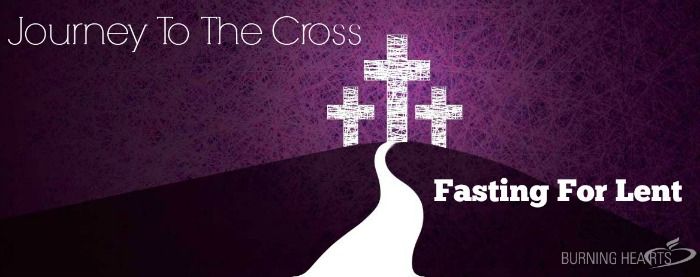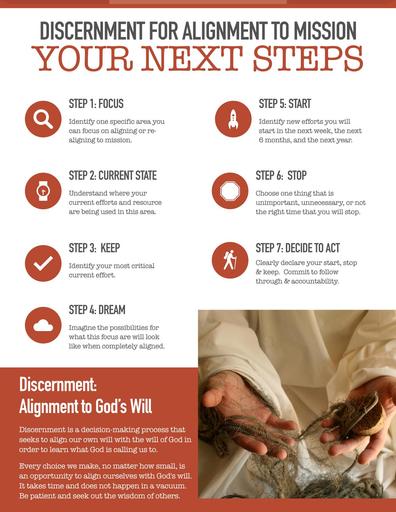Practical Suggestions for Fasting
More than a 40 day diet
Fasting is an act of self-denial. Often it refers to food, but broadly speaking it is giving up something that is good for the purpose of deepening our spiritual life and making acts of reparation for our sin or the sin of others.
Deacon Mike Bickerstaff at Integrated Catholic explains:
[Fasting] also serves to be a penance or a sacrifice - for the purpose of strengthening us. When we don't eat, for even a little while, we get hungry. When we get hungry, we have a heightened sense of awareness. If, when we eat too much, we have a sluggish feeling, when we fast, we have a feeling of alertness. Fasting is a wonderful exercise whenever we want to sincerely ask for an important grace from God. It is not that our fasting "earns" God's attention, but by fasting, we clarify our thinking and our feeling. It is purifying and prepares us to pray more deeply.
When we fast, we remember that our bodies are holy. We remind ourselves that, unlike animals who live by instinct, we have the ability to control our bodily appetites. Those appetites were give to us by God, with the intention of leading us closer to Him and helping us reflect Him to the physical world around us.
Voluntarily denying the body even good things is a form of spiritual training for that same end, much like a musician becomes a better musician by giving up good things in order to practice his instrument or like an athlete giving up food and time in order to train his body to excel and endure under physical and mental strain. This is pure Gospel teaching, the giving up of those things, including good things, that tend to be obstacles to our sanctification and deepening relationship with the Lord… giving up things that hinder and obstruct our supernatural end; life everlasting in heaven.
So, How Do We Fast?
As a discipline of Lent, fasting is intricately connected with prayer and almsgiving. Fasting helps us take our eyes off the things of this world and focus our thoughts on God. As we grow in relationship with God through prayer, we are better able to acknowledge the blessings God has given us. This gratitude leads us to a desire to use those gifts to care for others, especially those in need.

Go beyond simply giving something up for Lent.
Connect your fasting to prayer:
-
- Ask the Holy Spirit to show you what it is that God desires you to fast from this Lent.
-
- Begin each day with a short prayer for the strength to uphold your fast that day.
-
- When you fall, take your stumble to God in prayer and ask for the grace to start again tomorrow.
Connect your fasting with almsgiving:
-
- When the temptation is strong or the stomach is growling, offer up your small suffering for the intention of someone who has a greater suffering.
-
- End each day with a prayer of gratitude for whatever it is you are fasting from. (e.g. "Thank you God, for the gift of chocolate.")
-
- If your fast is something that costs money, save that money throughout Lent and donate it to the poor.
It's not too late to give up something for Lent! But don't feel as though you need to - just following the basic Church guidelines for fasting (if connected to prayer & almsgiving) will help you to walk closer to Christ through this Lenten journey.



